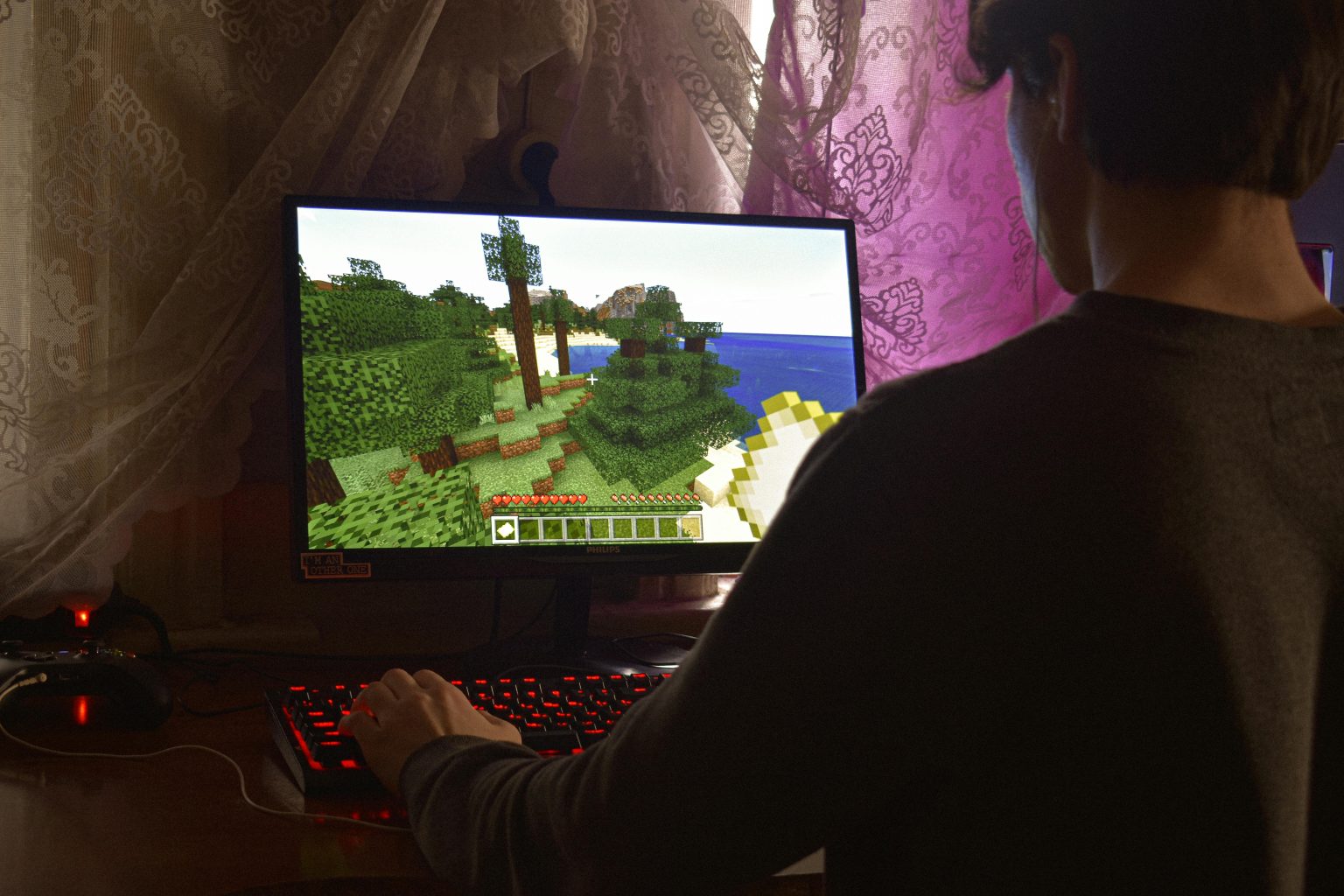In today’s world, gaming has leveled up from a simple hobby to a cultural powerhouse that shapes how millions of people worldwide chill out, connect, and even earn a living. Whether you’re grinding for that next achievement or just looking to kill some time between responsibilities, games have become deeply woven into the fabric of modern life. Let’s explore why gaming matters so much to so many people.
The Ultimate Stress Buster
After a brutal day of dealing with real-world BS, there’s nothing quite like firing up your favorite game to decompress. And this isn’t just anecdotal – research actually backs this up! Studies show that gaming provides immediate stress relief, even when playing intense or violent games.
For those seeking a serious challenge that demands complete focus, hardcore survival games like Escape from Tarkov info on cheats offer experiences so intense they completely remove you from everyday worries. The immersive nature of gaming helps with stress in several ways:
- Forces your brain to focus on something else
- Provides achievable goals and immediate rewards
- Gives you a sense of control when real life feels chaotic
- Creates a safe space to experience and process emotions
As Ken Levine, creator of BioShock, eloquently put it: “Game development is a labor of love.” The same applies to playing them – it’s an emotional investment that pays dividends in mental well-being.
Gaming as Social Glue
Remember the old stereotype of the lonely gamer in a dark basement? Yeah that’s totally outdated. Modern gaming is incredibly social, with multiplayer experiences dominating the market.
Through real-time interactions, players build meaningful connections by:
- Solving problems together under pressure
- Developing communication skills in high-stakes situations
- Creating shared memories and inside jokes
- Building trust through cooperative gameplay
“Gaming brings people together,” goes the saying, and research confirms this – multiplayer gaming strengthens existing friendships and creates new ones across geographical boundaries.
Leveling Up Your Brain
Did you know your gaming habit might actually be making you smarter? Well maybe not smarter but definitely sharper in certain cognitive areas. Studies from the University of California revealed that action games can improve players’ visual attention and spatial awareness by up to 20%!
Different genres exercise different mental skills:
- Strategy games enhance planning and resource management
- FPS titles improve reaction time and spatial reasoning
- RPGs develop problem-solving and narrative comprehension
- Puzzle games boost logical thinking and pattern recognition
From Passion to Profession
Oh man, remember when parents everywhere insisted gaming was a waste of time? Well guess what – the gaming industry has exploded with career opportunities that simply didn’t exist a decade ago.
The top careers in gaming today include:
- Professional esports player
- Content creator/streamer
- Game developer or designer
- Esports coach
- Gaming data analyst
As Shigeru Miyamoto, legendary Nintendo designer, once said: “The best games come from a place of passion.” That passion has created an entire industry of opportunities for those who live and breathe gaming.
The Psychology Behind Hardcore Gaming
There’s something uniquely addictive about challenging games. Players describe experiencing actual anxiety, stress and even symptoms similar to PTSD from intense gameplay – yet they keep coming back for more. Why?
It’s the dopamine-cortisol cycle at work. When you find epic loot or outplay an opponent, your brain releases dopamine, creating a powerful reward system. When you fail and lose your gear, cortisol (the stress hormone) kicks in, pushing you to try again to recapture that dopamine high.
Finding Balance in a Digital World
Let’s be real for a second – gaming is freaking awesome, but too much of anything can become problematic. Finding the sweet spot between virtual adventures and IRL responsibilities is crucial for most of us.
Some warning signs that your gaming might be getting OP:
- Consistently choosing gaming over basic self-care
- Sleep schedule becoming completely wrecked
- Feeling irritable or anxious when not gaming
- Relationships suffering due to excessive play time
Paarthurnax from Skyrim wisely asked: “What is better – to be born good, or to overcome your evil nature through great effort?” Finding balance often requires that effort.
The Future of Gaming Looks Meta
From my experience covering the industry for nearly a decade, gaming isn’t just growing – it’s transforming. The boundaries between virtual and physical experiences are blurring faster than a speedrunner on their 50th attempt.
I predict we’ll soon see:
- VR/AR integration becoming truly mainstream
- Cloud gaming making hardware limitations irrelevant
- AI-generated content creating infinite gameplay possibilities
- More games designed specifically for mental health benefits
Gaming has become an undeniable force in shaping how we relax, connect, think and even make our living. As the G-Man from Half-Life so cryptically stated: “The right man in the wrong place can make all the difference in the world.”
So fire up your favorite game, join your buddies online and remember – it’s not just about playing. It’s about experiencing something meaningful in this digital age. GG, friends!


